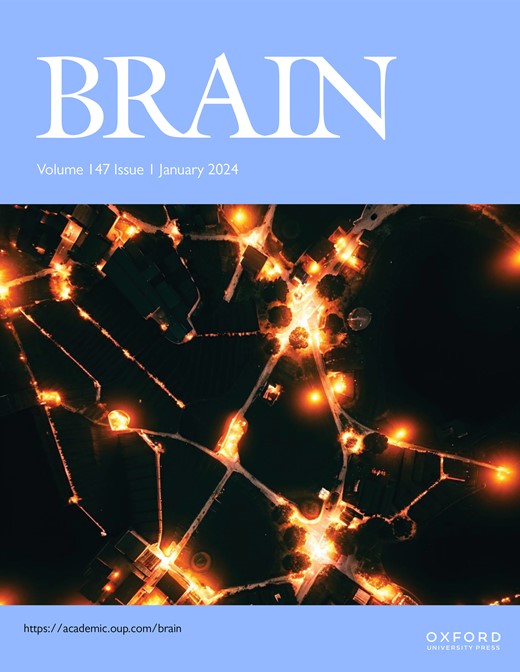The impact of resective epilepsy surgery on the brain network: evidence from post-surgical imaging
IF 10.6
1区 医学
Q1 CLINICAL NEUROLOGY
引用次数: 0
Abstract
Resective epilepsy surgery can be an effective treatment for patients with medication-resistant focal epilepsy. Epilepsy resection consists of the surgical removal of an epileptic focus to stop seizure generation and disrupt the epileptic network. However, even focal surgical resections for epilepsy lead to widespread brain network changes. Understanding the impact of epilepsy surgery on the brain is crucial to improve surgical outcomes for patients. Here we provide a summary of studies imaging the postsurgical effects of epilepsy resection on the brain. We focus on MRI and PET studies of temporal lobe and pediatric epilepsy, reflecting the current literature. We discuss three potential mechanisms for surgery-induced brain changes: damage and degeneration, recovery, and reorganization. We additionally review the postsurgical brain correlates of surgical outcomes as well as the potential to predict the impact of surgery on an individual patient’s brain. A comprehensive characterization of the impact of surgery on the brain and precise methods to predict these brain network changes could lead to more personalized surgeries that improve seizure outcomes and reduce neuropsychological deficits after surgery.求助全文
约1分钟内获得全文
求助全文
来源期刊

Brain
医学-临床神经学
CiteScore
20.30
自引率
4.10%
发文量
458
审稿时长
3-6 weeks
期刊介绍:
Brain, a journal focused on clinical neurology and translational neuroscience, has been publishing landmark papers since 1878. The journal aims to expand its scope by including studies that shed light on disease mechanisms and conducting innovative clinical trials for brain disorders. With a wide range of topics covered, the Editorial Board represents the international readership and diverse coverage of the journal. Accepted articles are promptly posted online, typically within a few weeks of acceptance. As of 2022, Brain holds an impressive impact factor of 14.5, according to the Journal Citation Reports.
 求助内容:
求助内容: 应助结果提醒方式:
应助结果提醒方式:


